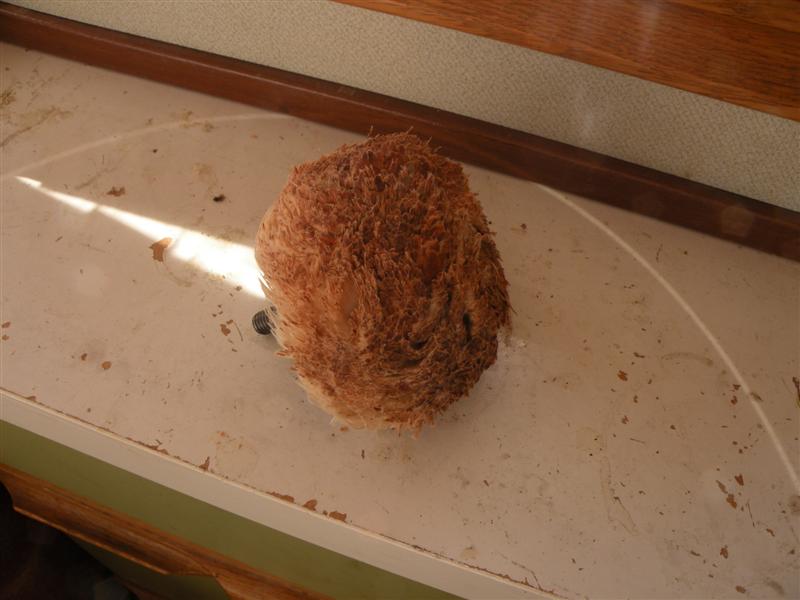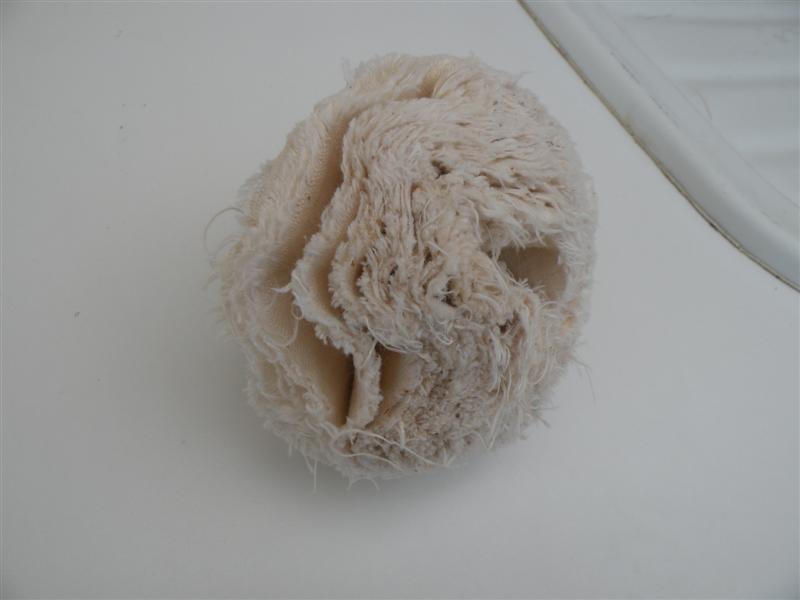Once again, this isn't going to be a terribly objective view...
It's always easy to buy or do something cheaper similar elsewhere and the Buffing Kit is no exception.
Firstly, as you'll probably know, the Beall system comes from the States and shipping costs and duty etc. will weight the price heavily. We were asked to produce a UK made system to be available at a lower cost...
We designed our Buffing Kit in conduction with woodturners and engineers specifically for use by woodturners; it isn't just something cobbled together from one industry and crossed-over to be used by another.
One of the major components in our kit that hasn't been mentioned so far (I think) is the mandrel, which is probably the most important part of it. The large mandrel is designed to to be easy to fit and to hold the wheels in place (via a chuck) yet allow for a quick and easy changeover.
The mandrel is precision engineered in the UK and zinc plated for corrosion resistance. Each one is hand checked by us before being packed for despatch.
The kit also includes a second, smaller mandrel for use in drills; this will become even more useful later this month when the domed mops are (finally!) available.
The wheels are specially selected for the weight of the cloth to achieve the required job, and the fixings are attached by hand to each wheel so that they are ready for use straight from the box.
Some of the cost difference is taken up in packaging, but even this isn't purely cosmetic; each wheel is labelled to make sure it is used with the correct compound rather than relying on a code number stamped on the wheel (not the Beall wheels). The kit comes with what we think are very comprehensive instructions and of course the whole thing comes in a box with a label on it. There is also a polystyrene tray to protect the smaller parts in transit.
Our kit has won many fans (as has the Beall one) and in another thread last month owners were very keen to point out the advantages of using them over the more 'do-it-yourself' approach.
Ultimately, the cheap and cheerful route can be taken and reasonable results will be achieved; we believe that our system does the job quicker, easier and better.
Finally... Some demonstrators should be shot for the misinformation and confusion they spread. I hope no-one has bought a wheel and a Jacob's chuck and tried to connect them directly together...


































